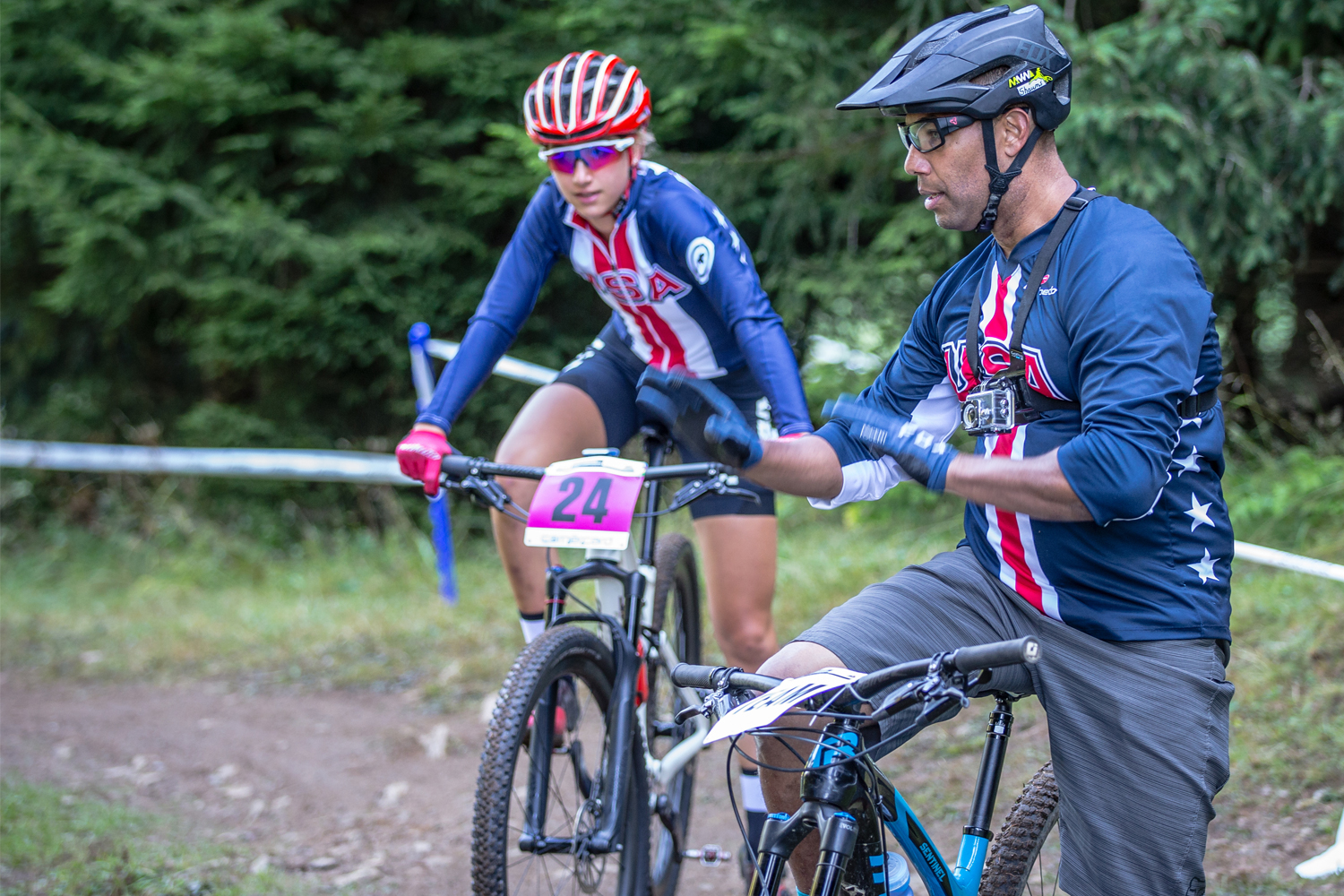
Coaches often focus on methodology over philosophy. Your own path to coaching shapes both, and Joe Friel shows why it matters.

Coaches often focus on methodology over philosophy. Your own path to coaching shapes both, and Joe Friel shows why it matters.